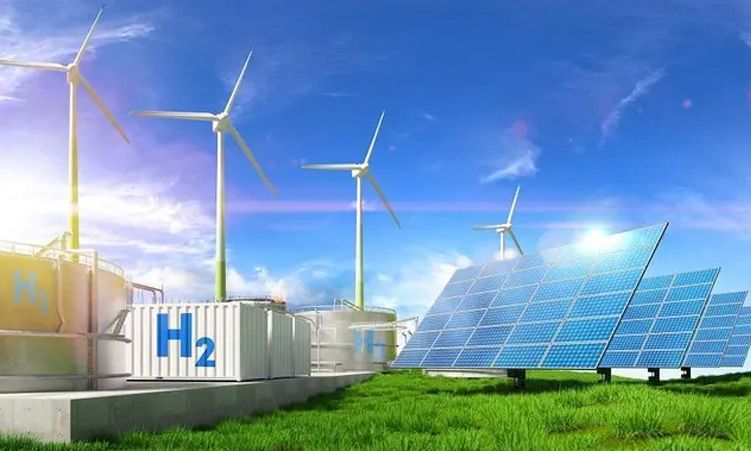FOR a cleaner and greener business environment, consider the following tips by the Green Awareness Africa (GAWA) – Namibia’s first green charity that was launched by Environment Minister Netumbo Nandi-Ndaitwah in Windhoek last year.
OFFICE TIPSAir-conditioning an office for one extra hour a day uses enough energy in a month to power a television set for over a year. A photocopier left on overnight for a year produces as much carbon dioxide as a trip in a small car from Noordoewer to Otjiwarongo.Converting a medium-sized office with energy-efficient light bulbs saves approximately 3000KW hrs per year, which is enough to power a middle-income household for 4 months.TRAVEL TIPSIf three people carpool to work in Windhoek, this could save 325 litres of petrol a year. This is enough to make 11 trips in a medium-sized car between Windhoek and Swakopmund. By letting your vehicle idle for five minutes every day, your car can consume 30 litres of petrol in a year. For a town with a population the size of Windhoek, we could save seven million litres of fuel per year.Consider teleconferencing next time you need to fly to Johannesburg for a business meeting. Avoiding one return trip a month from Windhoek to Johannesburg could save one ton of coal a year.WASTE TIPSRecycling one aluminium can save enough energy to keep a 100-watt bulb burning for almost four hours or run a television set for three hours. The energy saving from recycling one glass bottle will power a 100-watt light bulb for almost an hour; a washing machine for 10 minutes; a television set for 20 minutes and a computer for 25 minutes.Recycling one ton of paper, which is equal to 400 reams, saves 15 trees, 2,5 barrels of oil, more than 4 000 kWh of electricity, 2,26 metres of landfill space, 120 000 litres of water and prevents 26,8 kg of air pollutants from reaching the atmosphere.
Stay informed with The Namibian – your source for credible journalism. Get in-depth reporting and opinions for
only N$85 a month. Invest in journalism, invest in democracy –
Subscribe Now!










